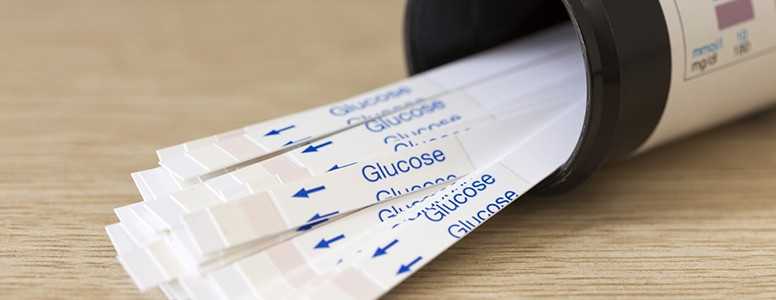Scientists from the University of California (UCLA) have found a way to counteract the negative impact fructose consumption has on genes, pathways, and gene networks in regions of the brain that control metabolism and brain function.
It appears that consuming a diet rich in omega-3 fatty acids, and especially one that is high in docosahexaenoic (or DHA), can cancel out harmful changes fructose has on our brain’s circuitry.
The new findings, published in EBioMedicine, come after the UCLA researchers found that a 15 per cent refined fructose diet changed hundreds of genes in the rat brain’s communication networks, some of which can lead to a wide range of diseases when damaged, including diabetes, cardiovascular disease, Alzheimer’s disease and attention deficit hyperactivity disorder.
Fructose has been found to disrupt genes by removing or adding a biochemical group to cytosine, one of the four nucleotides that make up DNA, which strongly influences a mechanism that turns genes “on” and “off.”
The long-term effects of a high-fructose diet also include an increase in toxic molecules in the brain and a diminished ability to learn and remember information.
For Xia Yang, a senior author of the study and a UCLA assistant professor of integrative biology and physiology, these harmful changes are down to a deficiency in DHA.
The acid occurs naturally in the membranes of the brain cells but often not in large enough quantity to help fight diseases.
What is the role of the DHA?
The role of DHA is to strengthen synapses in the brain and enhance learning as well as memory.
An increase in DHA levels not only change one or two genes, it can push the entire gene pattern altered by fructose back to normal.
The omega-3’s remarkable gene editing capacity has been highlighted in a six-week orienteering study that assessed the ability of trained rats to successfully escape from a maze.
The animals were randomly divided into three groups. One group of rats was fuelled by plain water and no DHA, another by fructose water and a diet rich in DHA, and the third received fructose water equivalent in amount to a person drinking a litre of soda per day.
After the six weeks, the rats retook the maze test. Those who drank only fructose navigated it about half as fast as the ones that drank only water – indicating that the fructose diet had impaired their memory.
Surprisingly, the rats on fructose and DHA showed similar results to those that consumed only water – which suggests that the DHA eliminated fructose’s harmful effects.
Negative impact
The scientists ran other conclusive tests demonstrating that a high-fructose diet negatively impacted the rats’ blood glucose, triglycerides and insulin levels, which directly contributes to obesity, diabetes and many other diseases.
For the purpose of the study, the research team sequenced more than 20,000 genes in the rats’ brains comparable to genes in humans.
They found that more than 700 genes located in the hypothalamus – the brain’s major metabolic control centre – and 200 genes in the hippocampus (regulating learning and memory) are susceptible to damage by fructose.
Two genes in particular, called Bgn and Fmod, stood out as potential targets for new drugs as they seem to be the first genes in the brain altered by fructose intake and trigger a cascade effect that eventually alters hundreds of others.
Although further research is needed to verify the ability of DHA to reverse damage in human genes, supplementation appears to be quite beneficial.
According to Fernando Gomez-Pinilla, a UCLA professor of neurosurgery and co-senior author of the paper, the brain and the body are deficient in the machinery to make DHA, which calls on the necessity to source it directly from our diet.
The omega-3 fatty acid DHA can be found in wild salmon and in smaller quantities in other fish and fish oil, walnuts, flaxseed, and fruits and vegetables.
What's new on the forum? ⭐️
Get our free newsletters
Stay up to date with the latest news, research and breakthroughs.





